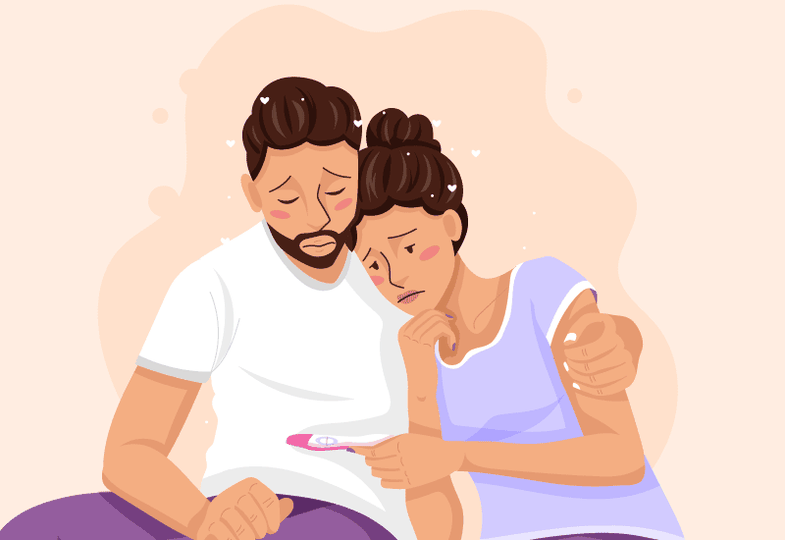
One in six people worldwide are affected by infertility, according to a report that highlights the extent of the problem.
About 17.5% of the global adult population will experience infertility at some point in their lives, says the 98-page report published by the World Health Organization (WHO). The figures are the first estimates of the prevalence of infertility in more than a decade (prevalence - the percentage of a population that has a specific characteristic in a given period of time).
Dr. Tedros Adhanom Ghebreyesus, WHO director-general, said the report highlighted the importance of infertility as a public health issue and showed that there was an urgent need to expand access to prevention, diagnosis and treatment campaigns.
"The causes of infertility are varied and often complex, and it is something that both men and women experience," Tedros said.
Based on this report, what are the risk factors for men and women?
First: Definition of infertility
An infertility diagnosis means you have been unable to conceive after a year of trying. If you are a woman over 35, this means that you have not been able to conceive after 6 months of trying.
Women who are able to get pregnant but do not manage to carry the pregnancy for long may also be diagnosed with infertility. A woman who has never been able to conceive will be diagnosed with primary infertility. A woman who has had at least one successful pregnancy in the past will be diagnosed with secondary infertility. Infertility is not only a women's problem.
Studies show that one-third of infertility cases are related to female infertility, while men's problems account for another third. The rest of the cases may be caused by a combination of male and female infertility, or may have no known cause.
The most common causes of infertility in men
- ineffective sperm production
- sperm count
- sperm shape
- sperm movement
Risk factors
- old age
- smoking
- alcohol use
- overweight or obesity
- exposure to toxins, such as pesticides, herbicides and heavy metals
The most common causes of infertility in women
- ovulation
- problems with fertilization, which occurs when the sperm meets the egg
- the fertilized egg does not develop into a fetus
Risk factors
- increasing age
- smoking
- alcohol use
- overweight, obesity or underweight
- sexually transmitted infections that damage the reproductive system
Men should plan to see a doctor if they have problems with erectile function, ejaculation, low sexual desire, pain or swelling in the genital area, or if they have previously undergone genital surgery.
A woman's fertility begins to decrease after the age of 30. Women under 35 should see a specialist after a year of trying to conceive, while women 35 and over should see a specialist after 6 months of trying.





